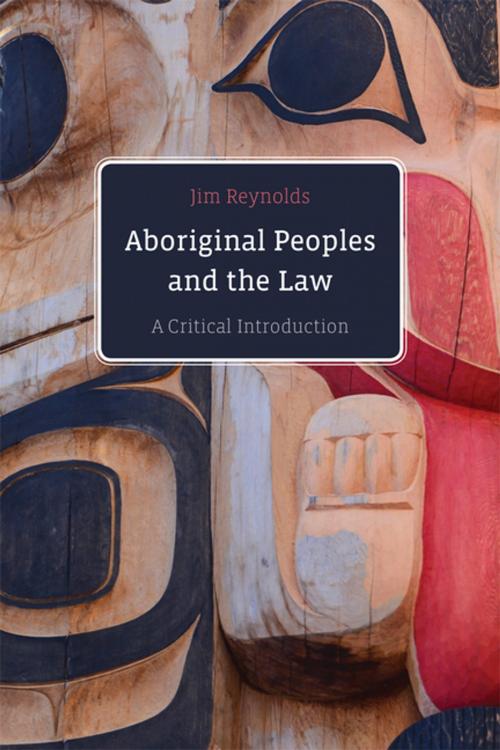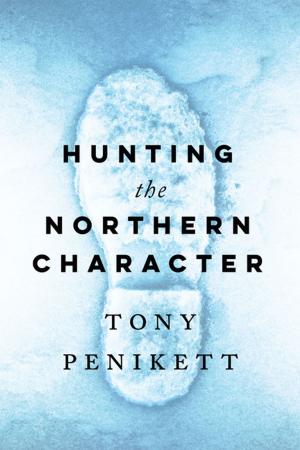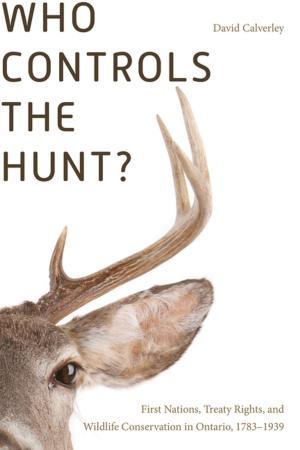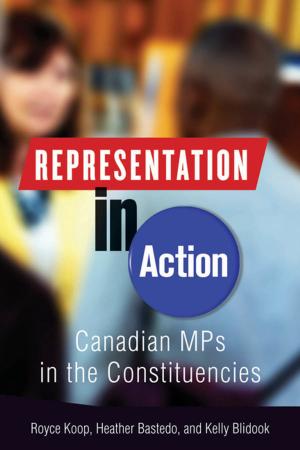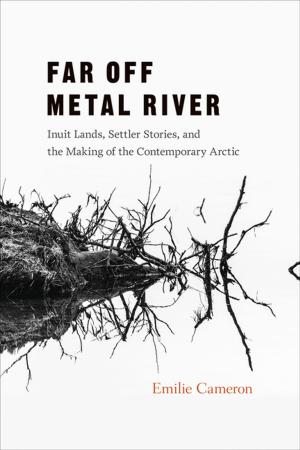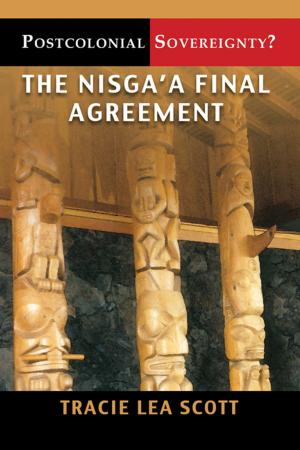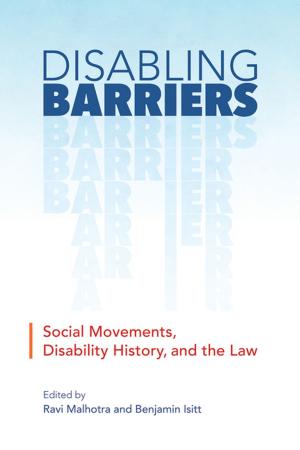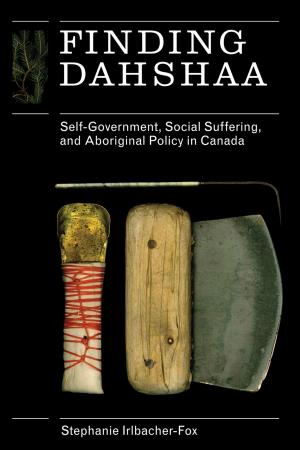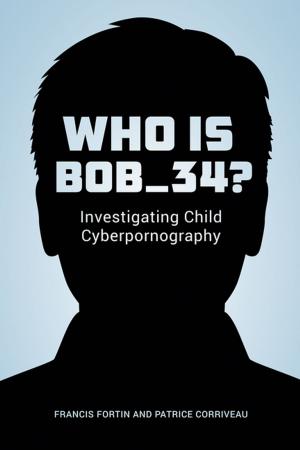| Author: | Jim Reynolds | ISBN: | 9780774880237 |
| Publisher: | UBC Press | Publication: | May 15, 2018 |
| Imprint: | Purich Books | Language: | English |
| Author: | Jim Reynolds |
| ISBN: | 9780774880237 |
| Publisher: | UBC Press |
| Publication: | May 15, 2018 |
| Imprint: | Purich Books |
| Language: | English |
Can Canada claim to be a just society for Indigenous peoples? To answer the question, and as part of the process of reconciliation, the Truth and Reconciliation Commission urged a better understanding of Aboriginal law for all Canadians.
Aboriginal Peoples and the Law responds to that call, introducing readers with or without a legal background to modern Aboriginal law and outlining significant cases and decisions in straightforward, non-technical language. Jim Reynolds provides the historical context needed to understand relations between Indigenous peoples and settlers and explains key topics such as sovereignty, fiduciary duties, the honour of the Crown, Aboriginal rights and title, treaties, the duty to consult, and Indigenous law. He also discusses key international developments such as the United Nations Declaration on the Rights of Indigenous Peoples. He concludes by considering major questions that need to be resolved, including balancing Aboriginal and non-Aboriginal rights and interests and the benefits and drawbacks of using either litigation or negotiation to resolve Indigenous issues.
This critical analysis of the current state of the law makes the case that rather than leaving the judiciary to sort out essentially political issues, Canadian politicians need to take responsibility for this crucial aspect of building a just society.
Can Canada claim to be a just society for Indigenous peoples? To answer the question, and as part of the process of reconciliation, the Truth and Reconciliation Commission urged a better understanding of Aboriginal law for all Canadians.
Aboriginal Peoples and the Law responds to that call, introducing readers with or without a legal background to modern Aboriginal law and outlining significant cases and decisions in straightforward, non-technical language. Jim Reynolds provides the historical context needed to understand relations between Indigenous peoples and settlers and explains key topics such as sovereignty, fiduciary duties, the honour of the Crown, Aboriginal rights and title, treaties, the duty to consult, and Indigenous law. He also discusses key international developments such as the United Nations Declaration on the Rights of Indigenous Peoples. He concludes by considering major questions that need to be resolved, including balancing Aboriginal and non-Aboriginal rights and interests and the benefits and drawbacks of using either litigation or negotiation to resolve Indigenous issues.
This critical analysis of the current state of the law makes the case that rather than leaving the judiciary to sort out essentially political issues, Canadian politicians need to take responsibility for this crucial aspect of building a just society.
